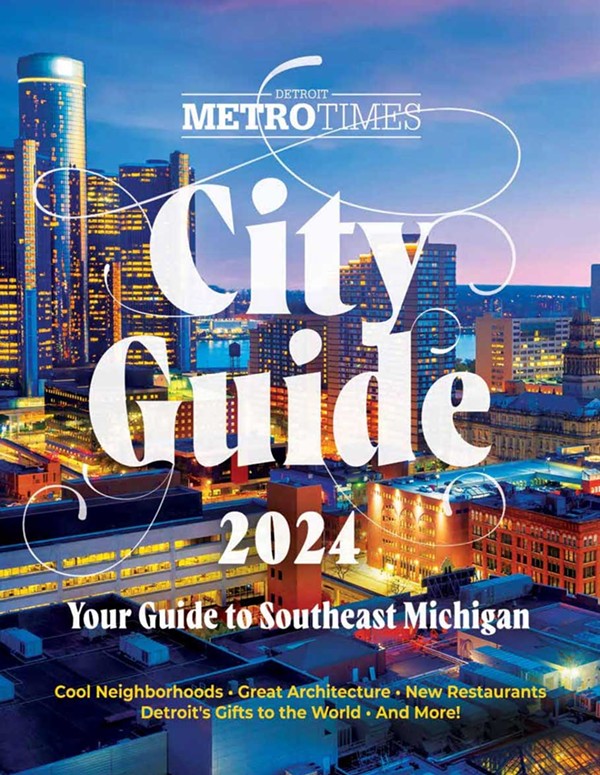News Hits recently found itself engaged in a debate about election integrity with one of our conservative friends over beers at a local watering hole.
And yes, that's not a misprint. We do have friends on the right. Just not very many of them.
Concern over voter fraud is being hyped as a real issue in the right-wing echo chamber of conservative talk radio, which is why our pal raised it as a point of discussion in our barroom banter. But as he voiced support for GOP attempts to institute stricter voter ID laws — "What's wrong with that?" he asked — we posed a counter question:
Which do you think is of greater concern, election fraud or voter fraud?
There is a difference: The former relates to actual attempts to illegally manipulate the outcome of elections, while the latter is a manufactured issue created by the right wing to help Republicans win by erecting barriers for those most likely to support Democrats.
Think that's an overstatement on our part?
Consider this: In 1980, Paul Weyrich — considered by many to be the father of the modern conservative movement — told a gathering of conservative Christians the truth behind attempts to make voting more difficult. And it wasn't because the integrity of American elections was being put in jeopardy.
"I don't want everybody to vote," Weyrich said. "... As a matter of fact, our leverage in the elections quite candidly goes up as the voting populace goes down."
So it's no surprise that the American Legislative Exchange Council — a right-wing outfit founded by Weyrich — has, until recently anyway, been a prime purveyor of "model" legislation that has become law in states across the country.
We say "until recently" because last month ALEC, bowing to pressure from a campaign to boycott the group's corporate backers — big names such as Coca-Cola — announced that it was eliminating its "Public Safety and Elections task force that dealt with non-economic issues, and reinvesting these resources in the task forces that focus on the economy."
But, in effect, ALEC has already done its damage by putting the proposed laws out there.
The Brennan Center for Justice at the New York University School of Law reported late last year that in "The first three quarters of 2011, state governments across the country have suddenly enacted an array of new laws and policies making it harder to vote. The center estimates that these laws could adversely affect more than 5 million voters.
Here in Michigan, says fair elections advocate Jan BenDor, a number of bills that are part of the "playbook" devised by ALEC and right-wing mastermind Karl Rove are working their way through the Legislature in advance of the November presidential election. Like many of the opponents of these so-called election "reform" measures, BenDor's group — the Michigan Election Reform Alliance (MERA) — is a nonpartisan, nonprofit outfit. They are small-d democrats who are only interested in seeing voting rights protected. The problem is that they are running up against a powerful right-wing machine that realizes the way to win is by making it more difficult to vote for those most likely to support a liberal agenda — the poor and minorities, young people and the disabled.
Among the pieces of legislation posing a concern for MERA and others are Senate Bills 751 and 754, which would impose additional photo ID requirements for registering to vote and using absentee ballots.
As numerous critics have pointed out, this kind of legislation is part of an attempt to provide a solution to a problem that doesn't exist.
"There is no evidence of voter impersonation fraud and therefore no need for greater scrutiny of voters' identity," Sue Smith, president of the League of Women voters of Michigan told the House Redistricting and Elections Committee in April.
Especially onerous is a provision in SB 754 that would require groups that help people register to vote to be trained and certified by the state.
Groups such as the League of Women Voters, which is among the most mainstream, nonpartisan outfits imaginable.
The bill, according to the Brennan Center, is considered "one of the most restrictive, mandatory training requirements in the country."
"The training and certification requirements will make it more difficult to hold registration drives and reduce opportunities for citizens to resister at convenient locations such as schools, libraries, community centers and churches. In Florida, which passed a similar law, there have been 81,471 fewer voter registrations this year, compared to the same time period in 2008," Smith testified.
"Recently," she added, "I received a request for League volunteers to register voters at a community event that was to take place in one week. I agreed to the invitation without hesitation. If SB 754 were in effect, I would not have been able to make that commitment. I would have to find out if certified, trained volunteers were available to staff the registration table or if they could be trained in time. I expect many such opportunities will be missed if SB 754 passes."
Noting that the League has been registering voters for 90 years, Smith concluded her testimony by saying, "the League of Women Voters believes that voting is a fundamental citizen right that must be guaranteed. We support election laws that improve the integrity of our elections. Requiring voters to show photo ID and regulating groups that register voters are not necessary to assure election integrity and will create barriers to voting."
News Hits is written by Curt Guyette. You can reach him at 313-202-8004 or [email protected].





